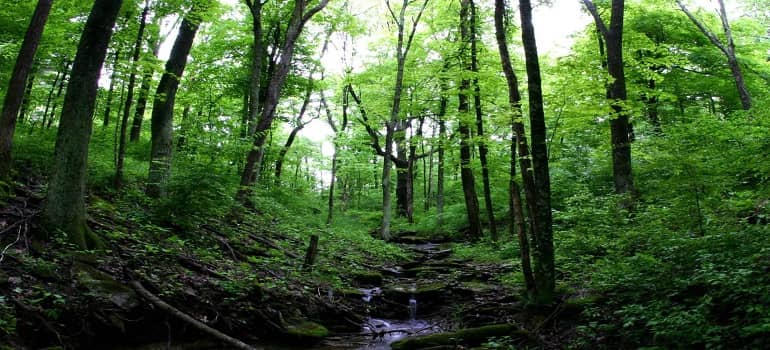 There is a need to increase the percentage of irrigated land to protect the country from vulnerabilities of climate change, Chief Economic Adviser Arvind Subramanian said.
There is a need to increase the percentage of irrigated land to protect the country from vulnerabilities of climate change, Chief Economic Adviser Arvind Subramanian said.
The prime minister’s push on renewal energy, which India has embraced wholeheartedly, shows that the government is committed to climate change, he said at the report release of the World Bank titled South Asia’s Hotspots: The Impact of Temperature and Precipitation Changes on Living Standards.
Noting that Indian policymakers are giving too much importance to climate change issue, he said, there is need to marry development and climate change.
Presently, the percentage of irrigated land in the country is less than 50 per cent, he said, adding the negative impact of climate change in the irrigated area is relatively low compared to non-irrigated area.
“The impact of temperature and weather changes are much more severe than irrigated area, these are less vulnerable to climate change,” he said.
The report pointed out that climate change could cost India 2.8 per cent of GDP, and depress living standards of nearly half of its population by 2050, as average annual temperatures are expected to rise by 1-2 per cent over three decades.
If no measures are taken, average temperatures in India are predicted to increase by 1.5-3 degrees, it said.
“Rising temperatures and changing monsoon rainfall patterns from climate change could cost India 2.8 per cent of GDP and depress the living standards of nearly half the country’s population by 2050,” the report said.
Even if preventive measures are taken along the lines of those recommended by the Paris climate change agreement of 2015, India’s average annual temperatures are expected to rise by 1-2 degrees Celsius by 2050, the report said.
Source: PTI
ALSO READ:
More Renewable Energy Helps Fight Climate Change: SCE
Green cover along highways: NGT issues show cause notice to NHAI


